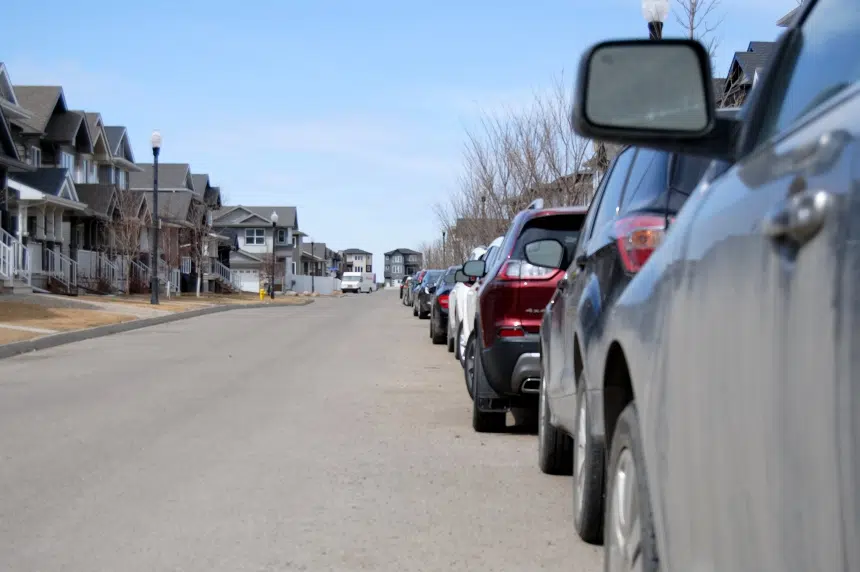As people hide away, isolating themselves and physically distancing against the pandemic, fewer people are out on the roads.
With fewer vehicles on the roads, there have been fewer crashes. SGI’s preliminary numbers for March showed a 30 per cent drop in claims from March the year before. A spokesperson for SGI did mention that sometimes claims can be made late.
“We don’t know yet what kind of final impact this will have on the losses and expenses,” SGI spokesperson Tyler McMurchy said in an email.
As people park their vehicles for the time being, many are cancelling or adjusting their plates. McMurchy said SGI sees this as a good thing.
“We encourage people to speak to their issuers and explore all options to reduce their premiums for any vehicles that are not being driven as much or at all,” he said.
McMurchy said it’s too early to know what kind of impact COVID-19 will have on the insurance company. He said that loss in revenue from cancelled plates will offset the savings in crash claims.
“To put things in perspective, if one significant hailstorm hits Regina or Moose Jaw this summer, it could easily result in more claims in an hour to make up for the lower number in the entire province over the past month,” he explained.
SGI’s insurance rates may not be affected by the crash numbers over the new few months. McMurchy said rates are usually based on long-term trends like theft claims, severity of injury claims and repair costs rather than short-term changes.
“As we understand the financial impact of the pandemic, we are considering options for passing any savings on to the people of Saskatchewan,” he said. “SGI and government will not see a financial windfall or profit whatsoever from this situation.”
Uninsured vehicles
As people cancel their plates and park their cars, some supplemental insurance could be a good idea, according to Daryl Arendt, office manager and insurance broker with Campbell & Haliburton Insurance.
When someone’s registration isn’t up to date, they don’t have any insurance on the vehicle. Arendt said there are many things that could happen to a car even if it’s not being driven.
“We would like to think that in this day of COVID we all pull together, and most of us do. But there’s also still that handful of society that says, ‘Now’s a good time to break in for the sake of breaking in.’ Or we could have a hailstorm, or a fire — there’s all sorts of things that still could happen,” said Arendt.
Arendt suggested people who are thinking about cancelling their plates should talk to their brokers about other options, like an autopak, which would still provide some coverage.
“So I might have a policy that costs me $200 a year. I can park my car, I can cancel my plates, leave my car sitting there — it’s doing what I’m doing; it’s waiting for COVID to be done when I can drive again. But meanwhile I’m resting assured that my autopak is providing me with coverage on that vehicle,” said Arendt.







